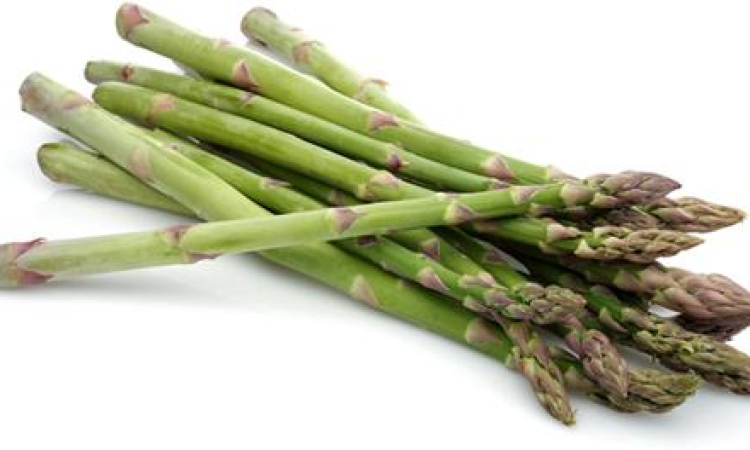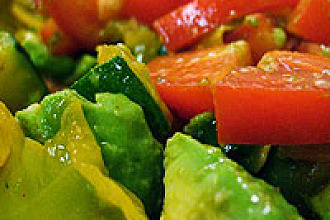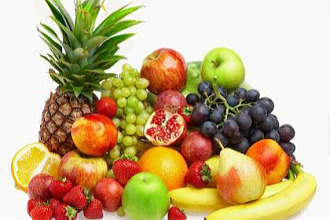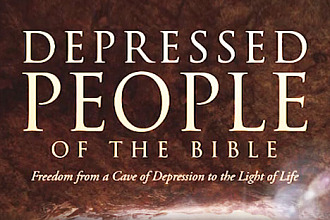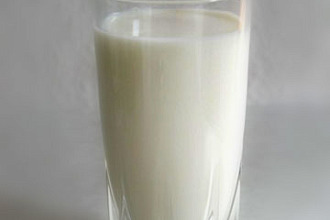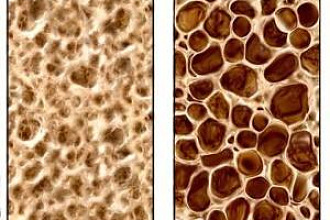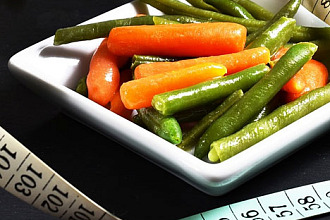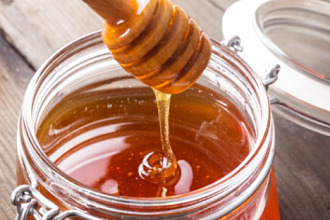Asparagus is an interesting vegetable. I am not sure how I would describe the flavor or what I would compare it to, it is just one of these things that you would have to try for yourself. But I do know that I like it and find it rather tasty and the health benefits provide now even more reasons to like it.
Poor levels of vitamin k have been linked to bone fractures and one cup of asparagus can provide 70% percent of your daily recommend dose of vitamin k. Asparagus is also a good source of iron which is important to bone and joint health. But things get even better as asparagus is one of the best natural sources of folate. (Ware, Megan RDN LD, 2016)
Folate is important because it helps protect against birth defects and may also help fight depression by removing excess homocysteine from the body which interferes with the production of hormones such as norepinephrine, dopamine, and serotonin which are important for a good mood. Decreasing high levels of homocysteine also important for life because it can increase your risk for heart disease and stroke. (Ware, Megan RDN LD, 2016)
Asparagus is a rich source of other B vitamins and those are important for a variety of body functions including the regulation of blood sugar. And because asparagus is a good source of fiber which is also important to lower the risk for type 2 diabetes and it can help your body remove waste more efficiently. (“Asparagus Nutrition, Health Benefits & Recipes”, n.d)
There are many kinds of asparagus, the most common type is green. White asparagus rather than being a distinct type of naturally growing asparagus is actually the result of limiting the sunlight exposure the plant receives while growing so it does not turn green. It is typically more expensive then green asparagus because of the effort in growing it but the white variety has a more delicate flavor then the naturally grown green version. Purple asparagus is another type of asparagus that tends to be sweeter than the green variety. (Antonucci, Lauren, 2013)
When you select asparagus it is best to pick the ones that are rather thin because older thicker asparagus can be stiff and very chewy while younger asparagus are more tender and easier to eat in general. You can cook asparagus in a variety of ways. You can have asparagus cooked in a little bit of olive oil, herbs, and drizzled with a bit of lemon juice as a side dish on Sabbath. I am also sure you could find a host of far more interesting asparagus recipes to experiment with if you want something more adventurous. So if you want to try something healthy and new consider picking up some asparagus the next time you go to the store.
References:
Author Unknown n.d. “Asparagus Nutrition, Health Benefits & Recipes” Dr. Axe received from http://draxe.com/asparagus-nutrition/
Antonucci, Lauren 2013 “Nutrition Benefits Of Purple And White Asparagus” Triathlon Competitor received from http://triathlon.competitor.com/2013/05/nutrition/nutrition-benefits-of-purple-and-white-asparagus_76751#qxxASORJcqAKJbRi.99
Ware, Megan RDN LD (2016) “Asparagus: Health Benefits, Facts, Research” received from http://www.medicalnewstoday.com/articles/270805.php
Picture originally found here

